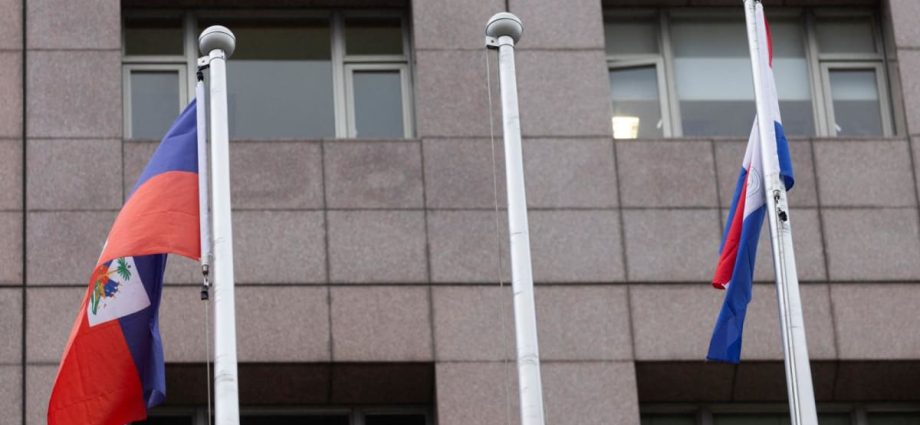
What could happen next?
Observers that CNA spoke to predicted that cross-strait tensions would rise, with Beijing likely to intensify pressure on Taiwan in the lead-up to president-elect Lai’s inauguration in May.
“The goal there will be to get Lai to adopt a characterisation of the cross-strait relationship that comes as close to Beijing’s demands,” said analyst Amanda Hsiao from the Crisis Group non-profit.
The DPP has said that it favours maintaining the status quo, with Taiwan having its own government. It has also refused to acknowledge Taiwan as part of China, hence drawing Beijing’s ire.
Yet the mainland’s response has also been muted thus far, the experts noted.
They added that Beijing may be opting for less overt and forceful measures, to avoid attention or condemnation from the international community.
“There’s a degree of momentum there in the US-China relationship that I’m not sure either side wants to tear up right now,” said Ms Hsiao.
Both countries have only recently resumed some exchanges, including on the military front.
Beijing had cut off talks and launched large-scale war games around Taiwan in 2022, in the wake of then-US House Speaker Nancy Pelosi’s visit to the island. It has continued to step up military pressure on Taiwan since.
Within Beijing’s playbook of protesting Mr Lai’s election, Nauru represents a “low-hanging fruit option”, said the Atlantic Council’s Mr Sung.
He added that China’s economic levers didn’t seem to have an impact at Taiwan’s polls. Beijing however has warned it could suspend tariff cuts on more Taiwanese products.
“Beijing needs to retool and optimise how it’s going to use economic sanctions in a way that can send its message against Lai without unduly alienating Taiwanese society,” said Mr Sung.
“Effective punishment needs to look like a precision strike, not carpet bombing.”

